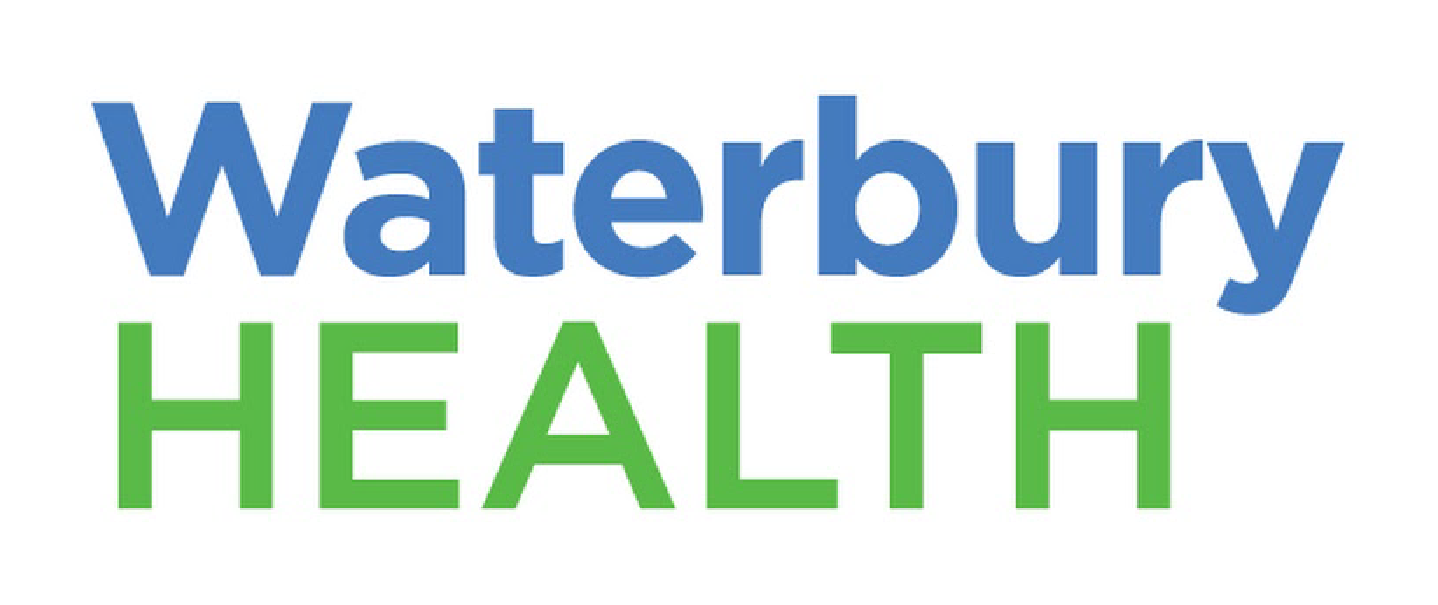This Winter Season, Getting Vaccinated Can Save A Baby's Life
It’s “mid-respiratory season,” when hospitals see an uptick in patients with serious complications from influenza and other viruses. In just the last few months, more than 10,000 people in the U.S. have died from RSV, influenza, and Covid19. The threat is particularly acute for those already most vulnerable to disease: babies.
Welcoming a baby any time of the year requires adaption, preparation, and precaution. But having a baby during respiratory season presents unique challenges because babies face increased health risks from the many common viruses that circulate with greater frequency and intensity this time of year. Newborns need safe environments, and that means keeping threats like seasonal illness from entering the home.
As the medical director for the well-baby nursery and neonatal intensive care unit in a community hospital, I am the doctor for babies during their birth hospitalization. I attend deliveries, help babies after they’re born, and care for them medically until they’re ready for discharge. My patients arrive preterm and full term, sick and well.
Reasons for readmitting babies to the hospital are at best stressful and at worst life-threatening, so when I discharge a baby home, I hope I never see them again. (That is, in a medical context. Please send photos, and stop in for visits after routine check-ups!)
Before all parents leave the hospital, I make sure I talk with them about how to avoid returning. I tell them that even though they won’t be able to prevent all emergencies, by following evidence-based recommendations, they can protect healthy newborns and NICU graduates. That emphatically includes guidelines supporting vaccinations.
Everyone plays an important role in shielding babies from pathogens. One of the best ways to keep a newborn safe is to ensure that all household members and caregivers are up to date with their vaccines, including those against flu, whooping cough (pertussis), and RSV (respiratory syncytial virus).
In public health, the best defense is a good offense. That’s especially true with vaccinations. Vaccines proactively prepare the body to respond effectively by priming the immune system to act before experiencing an actual infection. When the real virus tries to invade, the body already has a plan, plus specialized cells that mobilize and fight. Vaccines won’t necessarily prevent you from getting sick entirely, but your illness will likely be milder, and you’re less likely to die from it.
Timely vaccination needs to be a priority for everyone older than 6 months. A person who gets immunized gains protection for themselves and safeguards others, especially those at highest risk: those still too young to get vaccinated. In medicine, we call this “cocooning.”
In households with new babies, everyone should get an annual flu shot, a Tdap shot and an updated Covid19 shot. Pregnant people can protect their babies before they’re born by getting the same three shots plus one for RSV. Eligible older adults can also immunize against RSV, which can be catastrophic if transmitted to babies.
Caregivers often ask me, “Do I really need to get all of these shots?” If they will be around a newborn, the answer is almost always yes.
I know, no one likes getting shots. Many people do experience mild side effects. Some feel tired or ill as their immune system responds. But serious reactions are very rare. Given the potential for serious illness and death, especially in babies, for most people the benefits of getting vaccinated will outweigh any risks.
Flu vaccines have been around for a long time, so expert advice to get them is not new. But why now also emphasize the others? Because viruses like pertussis, aka whooping cough, are staging a comeback. For decades, viruses that cause disability and death were receding thanks to the development, availability, and public support for vaccines. Now, due to waning adult immunity and declining vaccination rates, data shows five times the number of whooping cough cases compared with this time last year. While adults may not experience severe symptoms, pertussis in infants causes pneumonia, seizures, and death.
Beyond renewed vigilance to old foes, recent advances afford us new preemptive measures against previously unpreventable illnesses, namely Covid19 and RSV. Covid19 poses dangers for some infants, especially those with underlying health problems. Experts hope the burden from RSV will decrease now that it’s possible to vaccinate oneself during pregnancy and immunize newborns.
The months ahead will bring more than cold weather; they will bring greater risk from potentially fatal—but avoidable—illness. Now is the time to protect yourself, your family, and the babies in your life.
Dr. Brooke Redmond is a board-certified neonatal critical care physician at the Yale School of Medicine, and she is the Chair of Pediatrics and Medical Director of the Neonatal Intensive Care Unit and Well Baby Nursery at Waterbury Hospital. She is a Public Voices Fellow of Yale and The OpEd Project.





